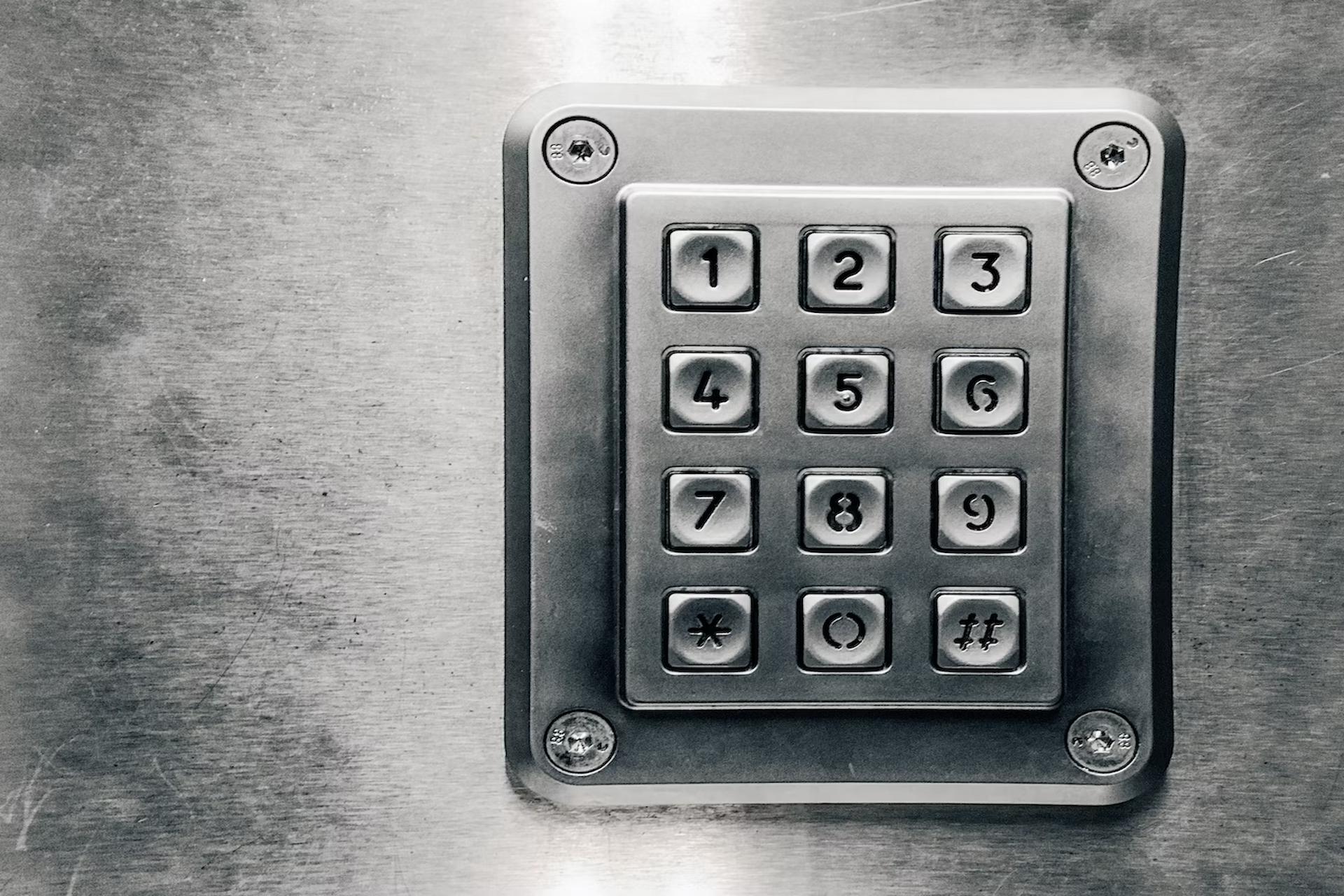Water leaks can cost you more than just money—they can damage your property and waste resources. This guide explains how mains water leak detection works and why early action matters. From spotting signs to choosing the right tools, we cover everything you need to prevent costly surprises. Read on to protect your home and your wallet with innovative leak detection strategies.
The Hidden Risk Beneath Your Feet
Water is essential to every home. But when it escapes from your pipes without notice, it can quickly become costly. Leaks in the mains supply often go unnoticed because they occur underground or within walls. These invisible threats can cause structural damage, high bills, and water loss. That’s why detecting them early is key.
This article explores how to identify leaks, what signs to watch for, and how mains water leak detection helps save money and protect your property. With simple steps and a little awareness, you can catch leaks before they cause serious harm.
Why Early Leak Detection Matters
Water leaks can go undetected for weeks or even months. During that time, you may be losing gallons of water each day. That’s not just bad for the environment—it’s bad for your finances too. A high water bill is often the first sign of trouble.
Over time, leaks can weaken foundations, damage floors, and encourage mould growth. These problems can cost thousands to fix, but many can be avoided with early detection. Spotting the issue early means less repair work, lower costs, and peace of mind.
Common Signs You May Have a Water Leak
Leaks aren’t always obvious, but there are clues you can watch for:
- Sudden spike in your water bill
- Damp patches on floors, walls, or ceilings
- Mould or musty smells
- Reduced water pressure
- Unusual noise from pipes
If you notice these signs, it’s time to take action. Don’t wait for damage to get worse. Even small leaks can grow quickly if left unchecked.
How Leak Detection Works
Modern leak detection is more advanced than ever. Gone are the days of digging up your yard to find a leak. Today, trained professionals use high-tech tools to locate leaks with precision.
Some of the most common detection methods include:
Acoustic listening devices: These pick up the sound of water escaping under pressure.
Thermal imaging: Heat sensors detect temperature changes where water might be leaking.
Ground-penetrating radar: This scans below surfaces to locate leaks in buried pipes.
Pressure testing: Checks for pressure loss in your system, a clear sign of a leak.
These tools make mains water leak detection fast, accurate, and non-invasive. You don’t have to rip up your floors or garden just to find a hidden pipe problem.
DIY Leak Checks You Can Try
While some leaks require professional tools to detect, there are a few checks you can do yourself:
- Meter test: Turn off all taps and appliances. Then, check your water meter. If it’s still running, you may leak.
- Listen for drips or running water: Sometimes you can hear a leak before you see it.
- Check your walls and floors: Look for dampness, warping, or bubbling paint.
- Inspect outdoor areas: Water pooling in the yard or driveway could signal a main leak underground.
These simple steps won’t replace expert tools, but can help you spot early signs and decide when to call in the pros.
Why You Shouldn’t Ignore a Leak
Delaying action on a suspected leak is risky. Water doesn’t stay still—it spreads. The longer it leaks, the more damage it causes. Not only does it destroy wood, plaster, and paint, but it can also create dangerous mould and rot.
Undetected leaks can lead to disputes or legal trouble in rental properties or shared buildings. If leaks are left untreated, insurance claims may be denied. That’s why immediate action is always the safest choice.
When to Call a Professional
If you suspect a leak and can’t find the source, contact a leak detection specialist. These professionals have the expertise, tools, and experience to detect even the most minor leaks with minimal disruption.
They will:
- Confirm if there’s a leak
- Pinpoint the exact location.
- Recommend the best repair options
- Provide documentation for insurance if needed.
In many cases, hiring a professional now can save far more than waiting and hoping the problem resolves itself.
Costs Involved in Leak Detection and Repair
The cost of professional leak detection depends on several factors, including the size of your property, pipe location, and how hard it is to access. However, the average cost is often far less than the price of long-term damage or rising water bills.
Some local councils or water suppliers may even offer support or rebates for leak detection. If you suspect a leak, it’s worth checking with them.
Preventing Future Leaks
Prevention is always better than a cure. To avoid future leaks, consider:
- Checking your water meter monthly
- Insulating exposed pipes to prevent freezing
- Getting regular plumbing inspections
- Avoiding heavy vehicles or digging over water mains
- Replacing old or corroded pipes
A well-maintained water system is less likely to fail. Investing in small maintenance today can stop major issues tomorrow.
Main Water Leak Detection and Peace of Mind
Mains water leak detection is about more than just fixing a pipe. It’s about protecting your home, your savings, and your health. Early detection prevents surprise bills, unnecessary damage, and major repair work.
The good news is that tools and professionals are more accessible than ever. So if you think there’s a leak, don’t wait. Act early, stay safe, and save money.
Conclusion: Stop the Drip Before It Drenches Your Wallet
Water leaks might seem small, but their impact can be huge. From silent drips beneath your home to costly spikes in your water bill, these hidden problems demand attention. The longer you wait, the worse the damage—and the higher the cost.
Thankfully, early detection is possible. You can catch leaks with the right tools and awareness before they cause chaos. Whether you do a quick DIY check or call a pro, the key is to act fast. Protect your property and your finances by making leak detection a priority.





